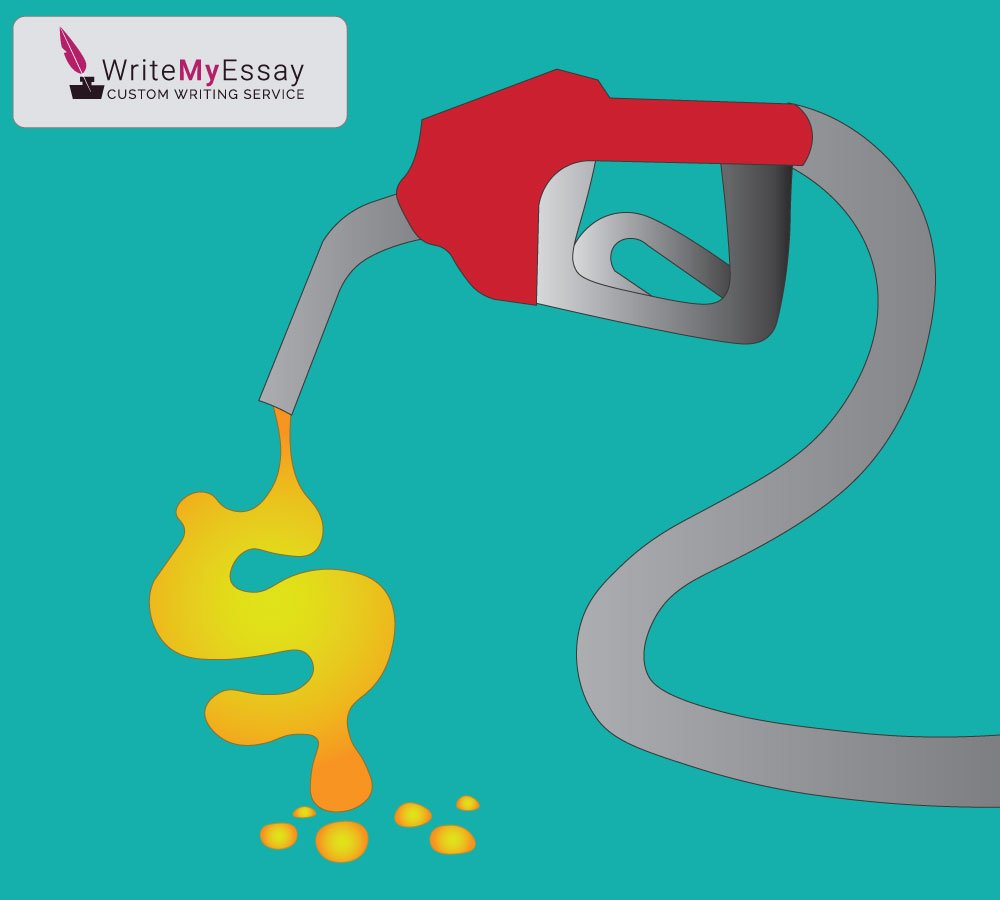How are low fuel prices affecting countries that are dependent on fossil exports? essay sample

Prices on oil determine the wealth of many countries and economic relationships on the global scale. In the beginning of the 21st century, oil price rose from $30/bl in 2004 to $140/bl in 2007. It formed due to the huge demand of fast-growing Asian economies and many more countries. Though the oil price became stable for a couple of years after the global crisis, it plummeted further in 2014 and reached the point of $26/bl in 2016. Obviously, the demand of large global importers weakened as more conventional and alternative energy resources became available. The change is definitely positive for gross oil consumers but not for exporters. Most Middle-East and African countries see their GDP decline, some of them experiencing a fast recession (Azerbaijan, Brazil, Venezuela, Ecuador).
Most Gulf countries built their economies around a high share of fossil fuels. Though these economies are grand in times when oil prices rise, they remain to be lopsided and incapable to thrive under the low oil demand. Some countries have already started diversifying their economies so that the decline in oil consumption does not hit them so hard. The United Arab Emirates, for example, depend only on 20 percent of the export of fossil fuels today. Iran, Libya, Nigeria, and Angola depend on 30 percent of their fossil fuels making themselves vulnerable to long periods of low oil prices. But their worries are nothing compared to the losses of Azerbaijan that exports almost nothing but gas and oil. Azerbaijan’s currency plummeted by 35 percent in 2016 so that the country strongly needed an emergency bailout from the World Bank and the IMF.
